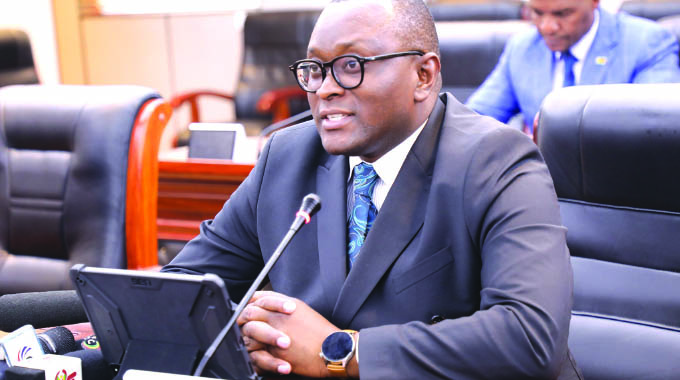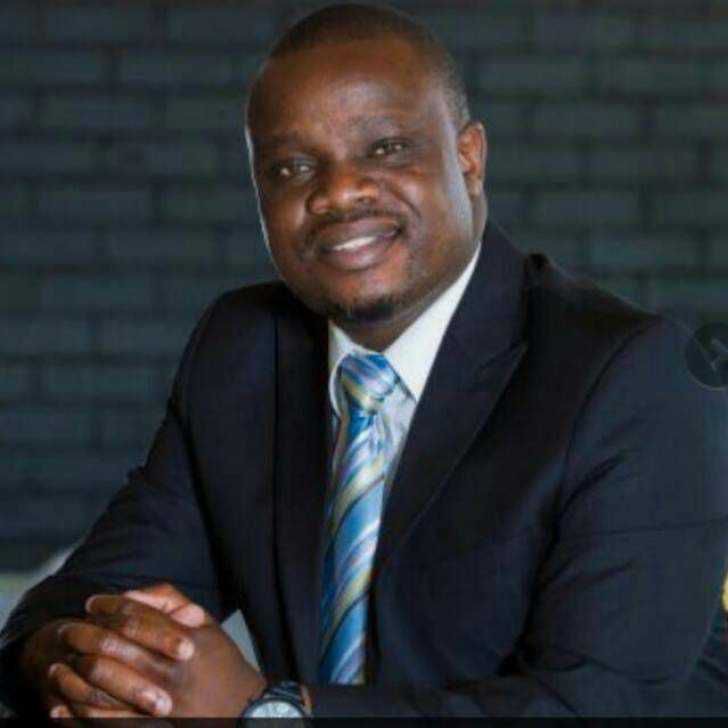By Staff Reporter
Harare – The Southern African Development Community (SADC) has announced an extraordinary summit scheduled to take place in Harare from November 16 to 20.
Zimbabwe, the current SADC chair, will host the summit as the region grapples with escalating tensions in Mozambique.
Information minister Jenfan Muswere during a post cabinet briefing on Tuesday said the primary objective of the summit is to address pressing regional issues, including the recent political developments in Mozambique and Botswana, as well as the upcoming elections in Namibia.
“The nation is informed that an extraordinary summit of SADC Heads of State and government is scheduled to be held in Harare from 16th to 20th November 2024, primarily to address emerging issues of regional significance.
“The summit is also expected to be briefed on recent political events in the region, including the recent elections in Mozambique and Botswana and the upcoming polls in Namibia.
“Technical sub-committees have already started convening meetings to prepare for the extraordinary summit. The subcommittees will ride on the already established protocols which facilitated the successful hosting of the 44th SADC summit to ensure the seamless convening of the extraordinary summit,” said Muswere.
SADC’s extraordinary summit comes when post election protests and violence have rocked Zimbabwe’s eastern neighbour, Mozambique, leading to widespread condemnation and concern.
Mozambique Medical Association (AMM), president Napoleão Viola, said at least 108 people have been injured and 16 killed in the post-election violence.
Viola said the situation has overwhelmed Mozambican healthcare facilities, with some services, including outpatient consultations and child vaccinations, being disrupted.
“In some health units, unfortunately, there are some services that are no longer working, especially outpatient services, consultations.
“Unfortunately, there are even some situations of vaccinations for children, which are very important,” said Viola, during a protest march that hundreds of health professionals, led by doctors, organised in Maputo.
“Up until the last figures we had, there were around 108 shootings, with 16 fatalities.
“Unfortunately, this is a situation that is occurring in our health units, that’s why we think it would be really worthwhile to hold this march and say, enough violence, enough attacks, that we can all, in peace, dialogue and try to find solutions,” added Viola.
The unrest in Mozambique stems from the disputed results of the October 9 general election.
While the National Electoral Commission (CNE) declared Daniel Chapo, the candidate supported by the ruling Frelimo party, as the winner, opposition leader Venâncio Mondlane has rejected the outcome, alleging electoral fraud.
Mondlane has called for various forms of civil disobedience, including a general strike and mass protests.
These demonstrations have often turned violent, with security forces using tear gas and live ammunition to disperse crowds.
The political crisis has had a significant impact on Mozambique’s economy, with key infrastructure, including roads and ports, being disrupted by protests and blockades.
The government has warned that the ongoing unrest could lead to economic collapse.
International observers have criticized the electoral process, citing irregularities and a lack of transparency.
The African Union has urged all parties to exercise restraint and engage in dialogue to resolve the crisis peacefully.
The SADC extraordinary summit is expected to discuss the situation in Mozambique and potentially explore ways to mediate a peaceful resolution.
The regional bloc has a history of intervening in member states’ conflicts, and its involvement could be crucial in stabilizing the situation.



